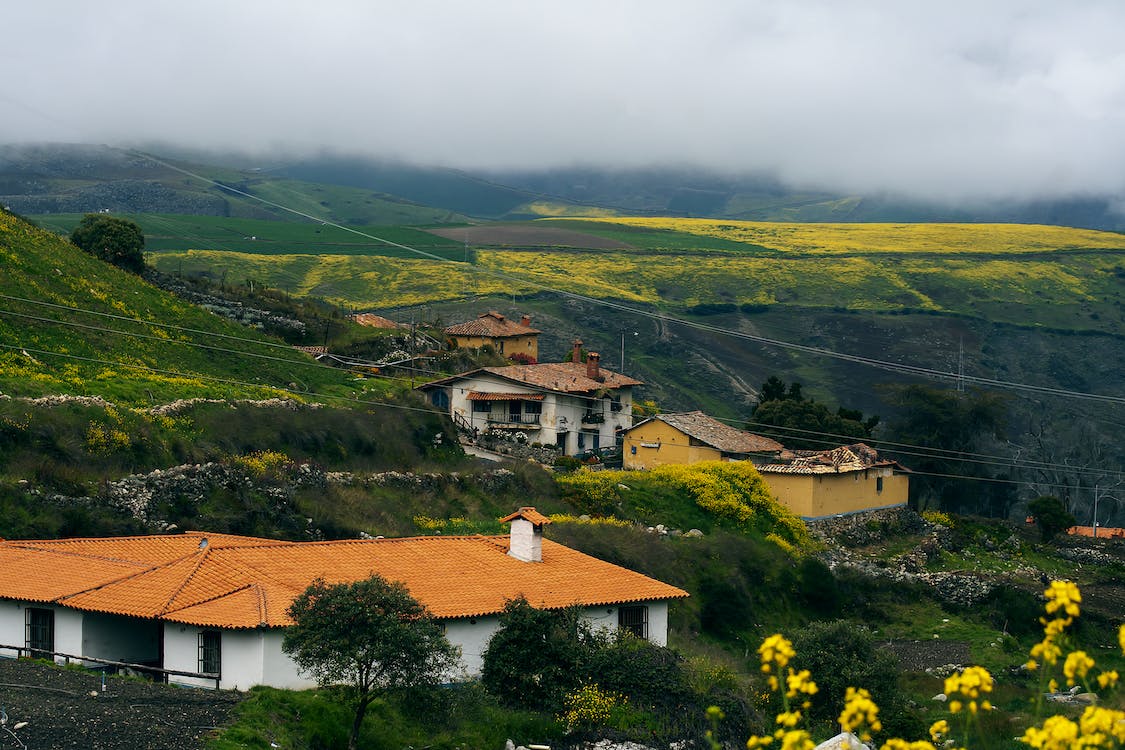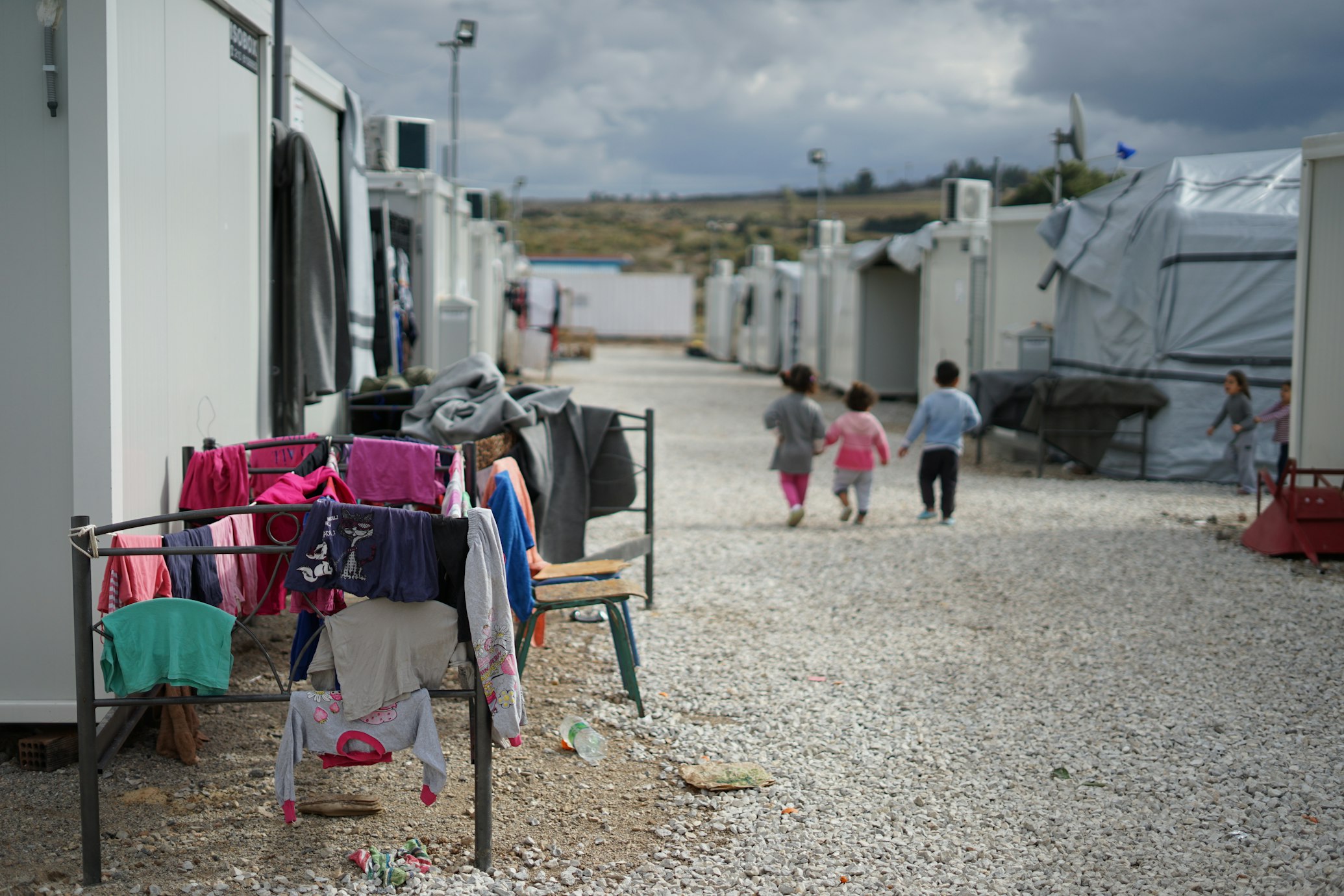Guyana and Venezuela to meet amidst fears of annexation

And how rejecting a 1899 ruling provides the basis for Venezuelan territorial claims
December 2023- This month has seen an interesting development in the continent of South America. Venezuela’s president, Nicolás Maduro, held an impromptu referendum earlier this month, on December 3rd, on whether the country should reject the 1899 ruling by a Tribunal of Arbitration that had established a border to the east of Venezuela, with the colony of British Guyana. The creation of such a boundary had presented a major dispute between the states. The referendum results saw the overwhelming majority- 99.89%, agree that the creation of the Guayana Esequiba state, currently under Guyanese control, within the republic of Venezuela should be a main priority in Venezuelan foreign policy. Since then, the state has repeatedly threatened to move ahead with an annexation, including publishing national maps that include the disputed territory and announcing various plans to develop the region in accordance with domestic policies.
However, the referendum has been widely internationally criticised. While the Venezuelan government claims a turnout of 51%, international observers have a far more conservative number, claiming a turnout of only 10%. On top of this, the overwhelming majority answer of “yes” to annexation has been challenged by international analysts, who claim such numbers to have been simply falsified by the Venezuelan government in order to present the illusion of unanimity. Furthermore, the Guyanese inhabitants of the territory were never consulted or included in the referendum, as the voting solely took place in Venezuela proper. Overall, the referendum should not be regarded as genuine, despite some demonstrations of support for the annexation, due to the various claims of fabrications of the result.
With this, one should question the motivations behind a potential annexation. The region is known for being particularly oil-rich, and densely forested, both factors translating to extreme potential wealth. Venezuela already stands as the country with the largest oil reserves in the world, having over 304 billion barrels, which represents 18% of global reserves. This is while the Essequibo region, still under Guyanese control at the time of publication, contains somewhere around 11 billion barrels of oil. So, it seems that economic motivation aplenty can be found, to the point where this may even be the driving factor behind the intensifying claim to the region.
The territorial dispute can be briefly summarised in the following way. Upon the 1899 arbitration ruling in favour of British Guyana, Venezuela protested its terms, on the grounds of defects in the judicial process. However, nothing came of it, as it remained under British control, until 50 years later, in 1949. Then, a memorandum from a participant from the Venezuelan delegation cried unlawful external influence, leading to complaints to the United Nations in 1962, and finally a 1966 Geneva Agreement that declared the 1899 ruling null and void. It also declared the striving towards a peaceful solution to the dispute. Nothing came of it, and in 2020 the UN Secretary-General referred the case to the International Court of Justice upon Guyanese request. Venezuela, however, has explicitly stated to not recognise the court’s jurisdiction on the dispute.
Now, amidst subsequent growing fears of annexation in Guyana, the two countries have now agreed to meet on December 14 to discuss the status of the Guyanese Essequibo region, one that Venezuela has explicitly claimed since 1962. This announcement comes after a burst of diplomatic exchanges by leaders of the two states, as well as involving Brazilian president Lula da Silva, Prime Minister Ralph Gonsalves of St. Vincent and Grenadines, and United Nations Secretary-General António Guterres. Furthermore, the ICJ is to hold a trial in spring 2024 regarding the status of the region, and has ruled that until then; “Venezuela shall refrain from taking any action which would modify the situation that currently prevails in the territory in dispute”. Whether this will be upheld is yet to be seen, and until then, the international community will continue to hold its breath around the future of the region.
Further reading
On the recent meeting:
https://edition.cnn.com/2023/12/09/world/essequibo-venezuela-meeting-with-guyana/index.html
On the dispute as a whole:
https://www.voanews.com/a/guyana-and-venezuela-s-territorial-dispute-what-to-know-/7391643.html
On personal accounts of the inhabitants:
https://www.ft.com/content/f53f360e-7dd2-43d4-b9dc-660c959e4ce9



